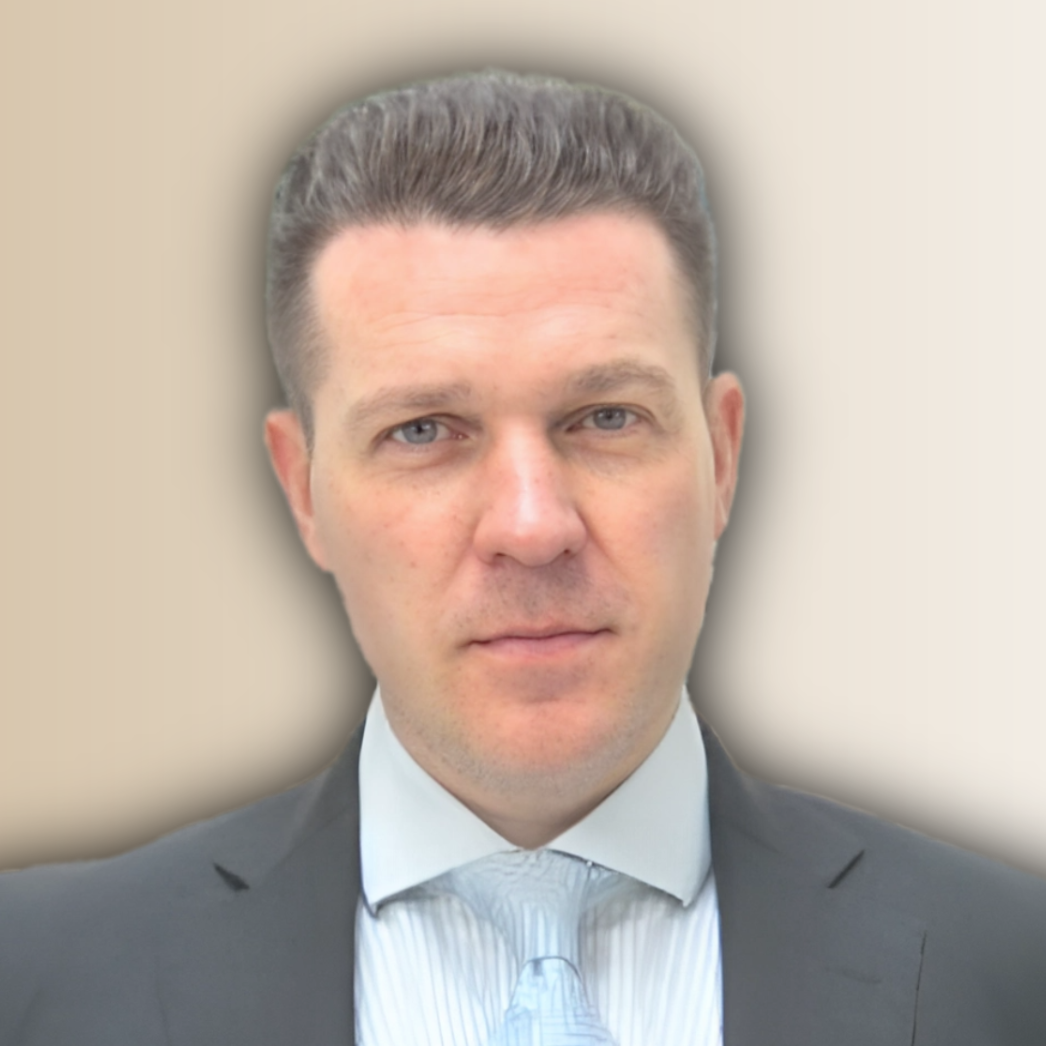
Sergei Sabanov
Associate Professor
Nazarbayev University, School of Mining and Geosciences
Dr. Sergei Sabanov started his carrier in 1992 working in the underground oil shale mines in Estonia before he received his PhD grade in mining engineering in 2008. Dr. Sabanov was executing multiple projects and teaching at a time, tracking technical progress, and reporting on both to the university and to the mining companies, and regulatory and technical review boards. Dr. Sabanov industry experience with reserves estimate, mine ventilation, mine optimisation, mine design and production scheduling, blasting operations, material handling, mine services and maintenance, mine automation, sustainable mining, and mining risk management enabled him to understand detailed requirements of mining companies in mining specialists. Dr. Sabanov is responsible for implementation of students’ theoretical knowledge to industrial practices, optimising study programmes to real life work of mining projects. Dr. Sabanov is a chartered engineer at the Institute of Materials, Minerals and Mining, London with 32 years of experience in the mining industry. Working for SRK Consulting (UK) over 7 years Dr. Sabanov supported a number of Business Improvement, Internal Investment Decision, Resources and Reserves Audit projects. For those he completed technical due diligence work, including Competent Person Reports (CPR) for stock exchange listings.
Sustainable mining in Kazakhstan with globally educated specialists
Use of international Environmental, Social, and Governance (ESG) standards is crucial for sustainable mining in Kazakhstan. For this mining education should be represented in compliance with international standards and local needs. School of Mining and Geosciences (SMG) at Nazarbayev University is aimed to educate mining industry leaders for Kazakhstan and the world. SMG is building trust in mining in Kazakhstan by expanding knowledge and technology through teaching and research by employing sustainability approaches and application of digitalization, automation, and virtual reality. Moreover SMG vast industrial collaborations associated with the transfer of knowledge and technology is a crucial part of the education system that helps our students meet current industrial needs. Consequently, their skills and knowledge help companies become more competitive and provide trust for sustainable mining. SMG will be in charge with developing sustainability assessment methodologies suitable for mine life cycle which allows defining hazardous influences on environment, society and economic dimensions, and helps quickly, conveniently and qualitatively solve, operate, find optimum options for existing problems and provide the best image for the mining industry.
